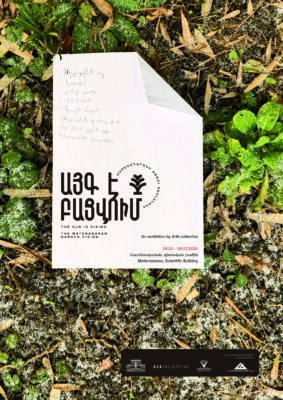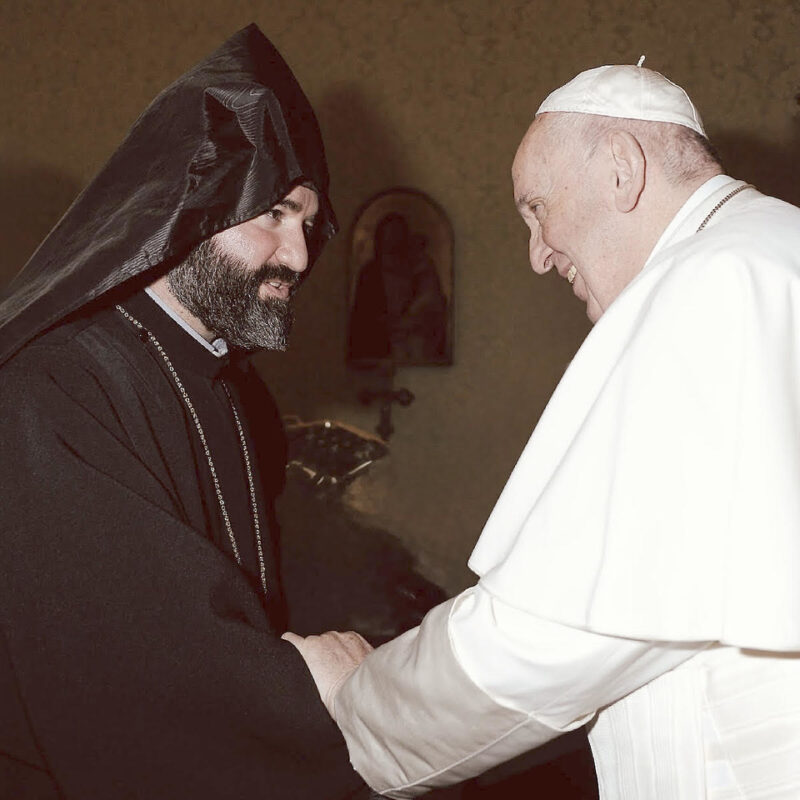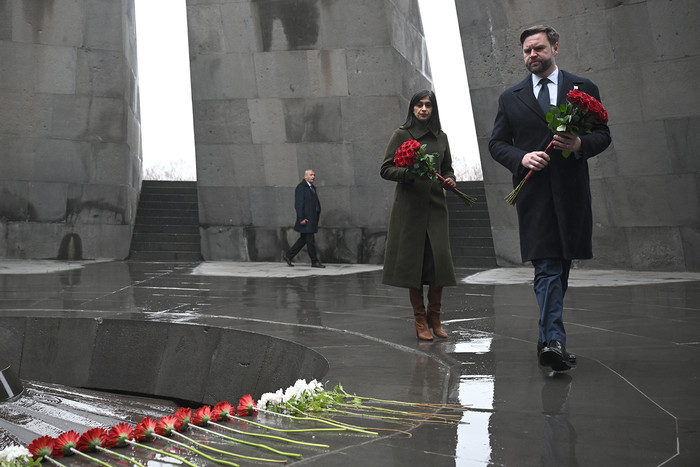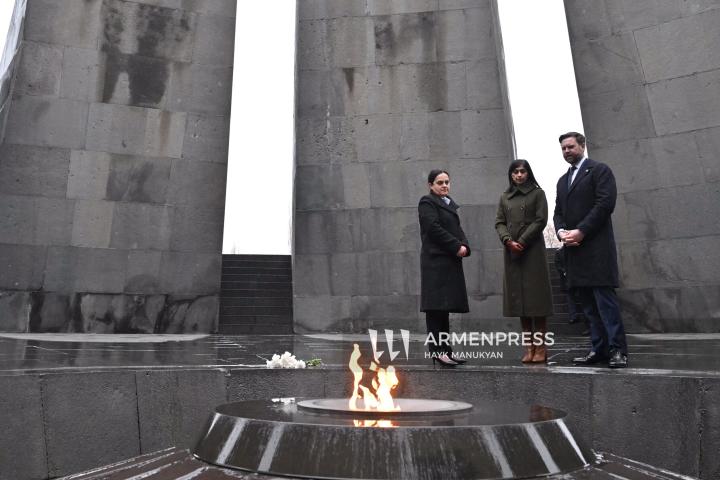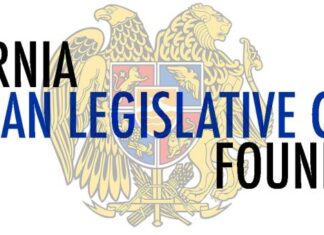VATICAN CITY (Combined Sources) — The first Argentine-born Pope, Francis I, died on April 21 from a cerebral stroke. He had been ailing for some time before his sudden death. He was 88.
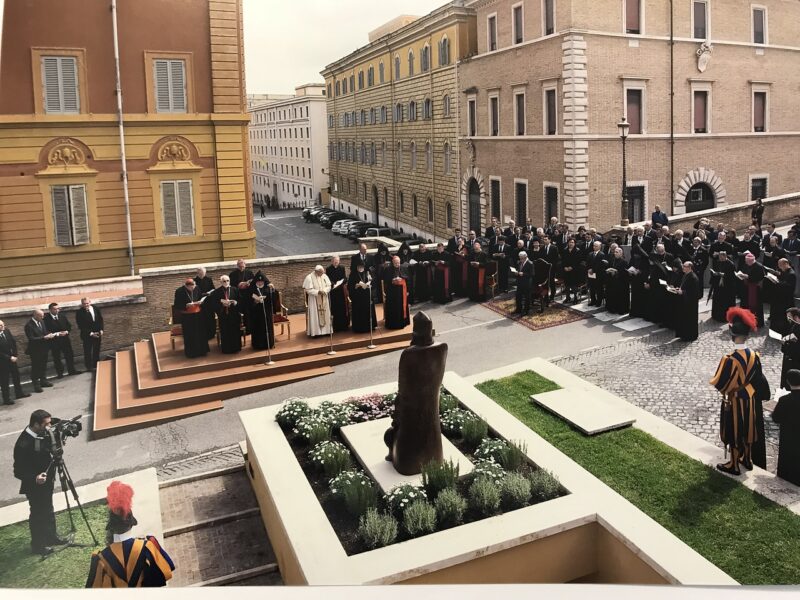
For Armenians, he was special because he visited Armenia, named Armenian 10th-century mystic St. Gregory of Narek a “Doctor of the Church” in 2015 and attended the unveiling of his statue at the Vatican, loudly and repeatedly denounced the Armenian Genocide, as well as the Holocaust and other genocides and wars around the world. As well, he visited Armenia in 2016, where he was received in the warmest manner by the whole country.

Earlier in April, Pope Francis cleared the way for the canonization of Catholic Archbishop Ignatius Choukrallah Maloyan, who was murdered during the Armenian genocide, Vatican News reported.
Because of his championing of the recognition of the Armenian Genocide, he incurred the wrath of Turkey. “In the past century, our human family has lived through three massive and unprecedented tragedies. The first, which is widely considered the first genocide of the 20th century, struck your own Armenian people, the first Christian nation,” he said.

Pope Francis made a historic visit to Armenia in June 2016, during which he met with religious leaders, including Catholicos Karekin II, and addressed the Armenian Genocide, acknowledging it as the first genocide of the 20th century. He also participated in religious services, including a Divine Liturgy at Echmiadzin, and released doves at the Armenia-Turkey border.
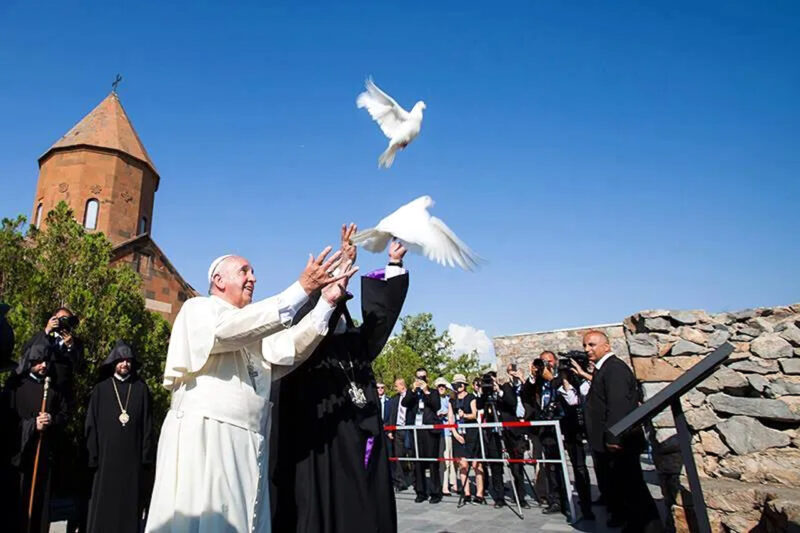
Pope Francis’s strong condemnation of the Armenian Genocide during his visit, calling it the first genocide of the 20th century, was a significant moment in the history of the Vatican’s recognition of the event.
